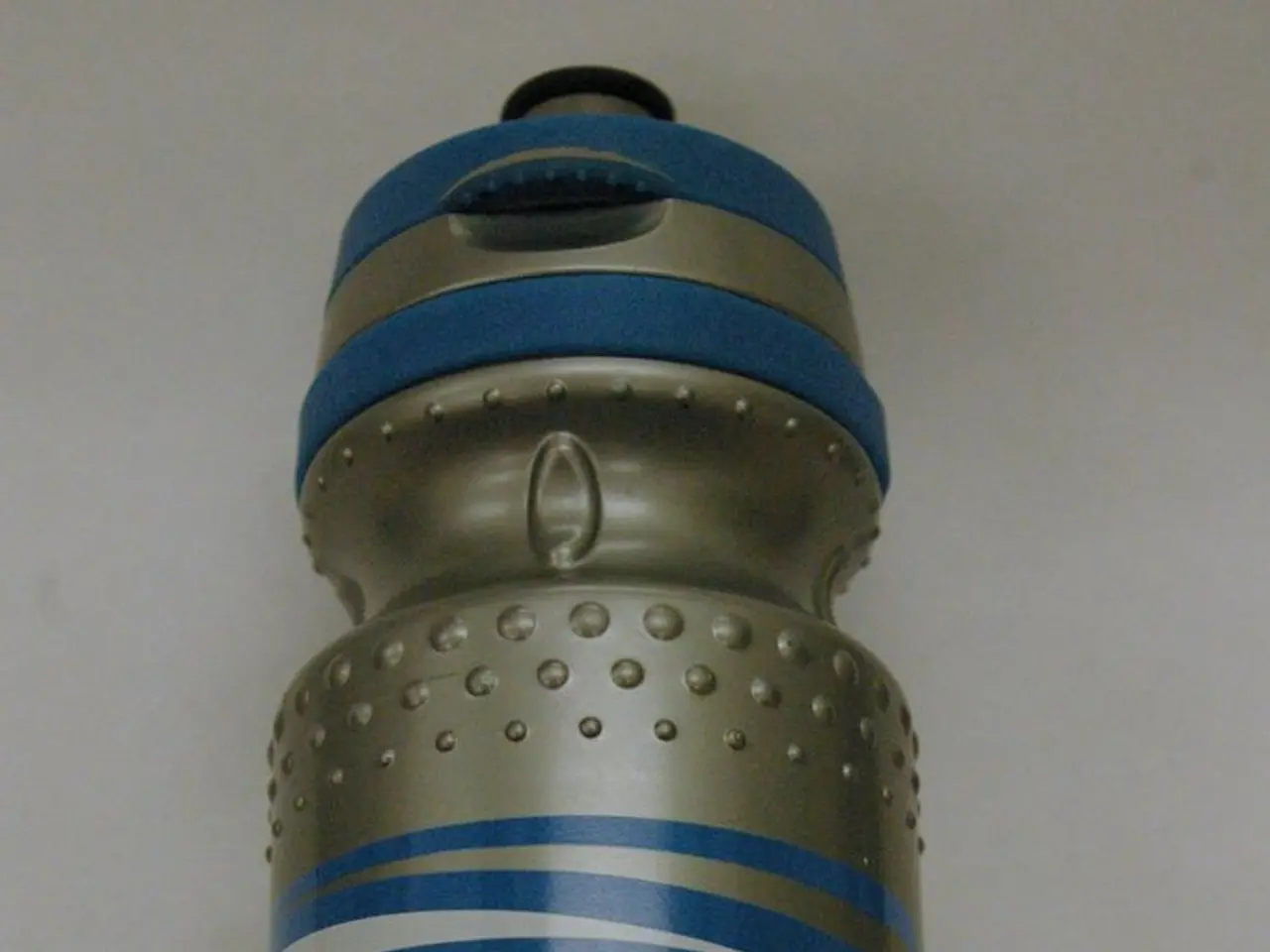Eligibility for Medicare before age 65 for conditions including End-Stage Renal Disease (ESRD), Amyotrophic Lateral Sclerosis (ALS), cancer, and additional qualifying disorders
**Medicare Eligibility for Individuals with Amyotrophic Lateral Sclerosis (ALS) and End-Stage Renal Disease (ESRD)**
For individuals diagnosed with life-altering conditions such as Amyotrophic Lateral Sclerosis (ALS) and End-Stage Renal Disease (ESRD), navigating the healthcare system can be a daunting task. However, it's essential to understand the Medicare eligibility criteria and application processes for these conditions.
Individuals diagnosed with ALS are immediately eligible for Medicare. There is no waiting period, and their Medicare coverage begins the same month their Social Security disability benefits start. Enrollment is typically automatic for ALS patients, making the process less stressful during a challenging time.
On the other hand, people with ESRD must enroll themselves in Medicare. They can do this by contacting the Social Security Administration or visiting a local Social Security office to apply. The timeline for coverage can vary based on treatment plans, but for most people with ESRD, Medicare coverage starts in the fourth month of dialysis.
Individuals who have received Social Security Disability Insurance (SSDI) for 24 consecutive months are also eligible for Medicare. Enrollment is automatic, and beneficiaries receive notification and enrollment information in the mail once they become eligible.
Regardless of age or medical condition, Medicare requires U.S. citizenship or lawful permanent residency with at least five continuous years of U.S. residence. Those who have not met the work requirements for premium-free Part A must pay a monthly premium for Part A and, if applicable, Part B.
Extra Help is a Social Security program that provides additional financial assistance for people with limited means who need prescription drug coverage through Medicare. To qualify for Extra Help, an individual must have less than $17,600 in resources, and their annual income must be $22,590 or less for an individual. Some exceptions apply for people with ESRD who participate in a home dialysis training program.
Medicare may generally cover cancer treatments, such as chemotherapy, but nearly all cancers are considered for disability benefits by the Social Security Administration. People who receive Social Security benefits for cancer may also qualify for Medicare coverage.
In summary, individuals with ALS qualify immediately and automatically for Medicare, while those with ESRD must apply directly. Both conditions offer premium-free Part A coverage, provided the individual has worked enough to qualify or has another qualifying pathway. Medicare can provide a more cost-effective coverage option for people with disabilities who may have difficulties getting health insurance due to preexisting medical conditions.
- For individuals with chronic diseases such as Amyotrophic Lateral Sclerosis (ALS) or medical-conditions like End-Stage Renal Disease (ESRD), navigating the health insurance system, specifically Medicare, can be challenging.
- While individuals diagnosed with ALS are immediately eligible for Medicare with no waiting period, people with ESRD must enroll themselves in Medicare through the Social Security Administration or a local Social Security office.
- For an individual with a disability such as ALS, the Medicare coverage starts the same month their Social Security disability benefits start, while for those with ESRD, Medicare coverage typically begins in the fourth month of dialysis.
- Science and medical advancements have played a significant role in managing chronic diseases such as ALS and ESRD, ensuring better health and wellness for individuals with these conditions, making them eligible for Medicare coverage.




